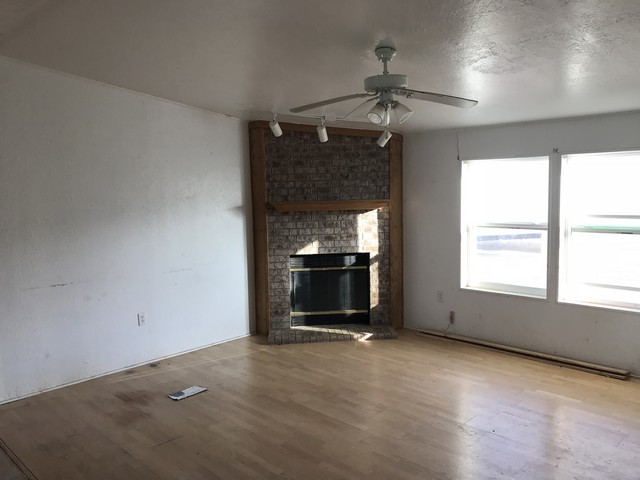Tag: Texas Modular homes dealer
Posted in
4 bedroom Featured Gallery of Modular Manufactured Homes for sale Manufactured Homes mobile homes New texas repo mobile homes
Manufactured mobile homes for sale Texas Single Wide Double Wide homes. largest selection of quality Manufactured mobile…
Posted in
4 bedroom Featured Gallery of Modular Manufactured Homes for sale Manufactured Homes mobile homes modular New prefabricated
Choosing the right home is a significant decision, and the variety of options can be both exciting…

